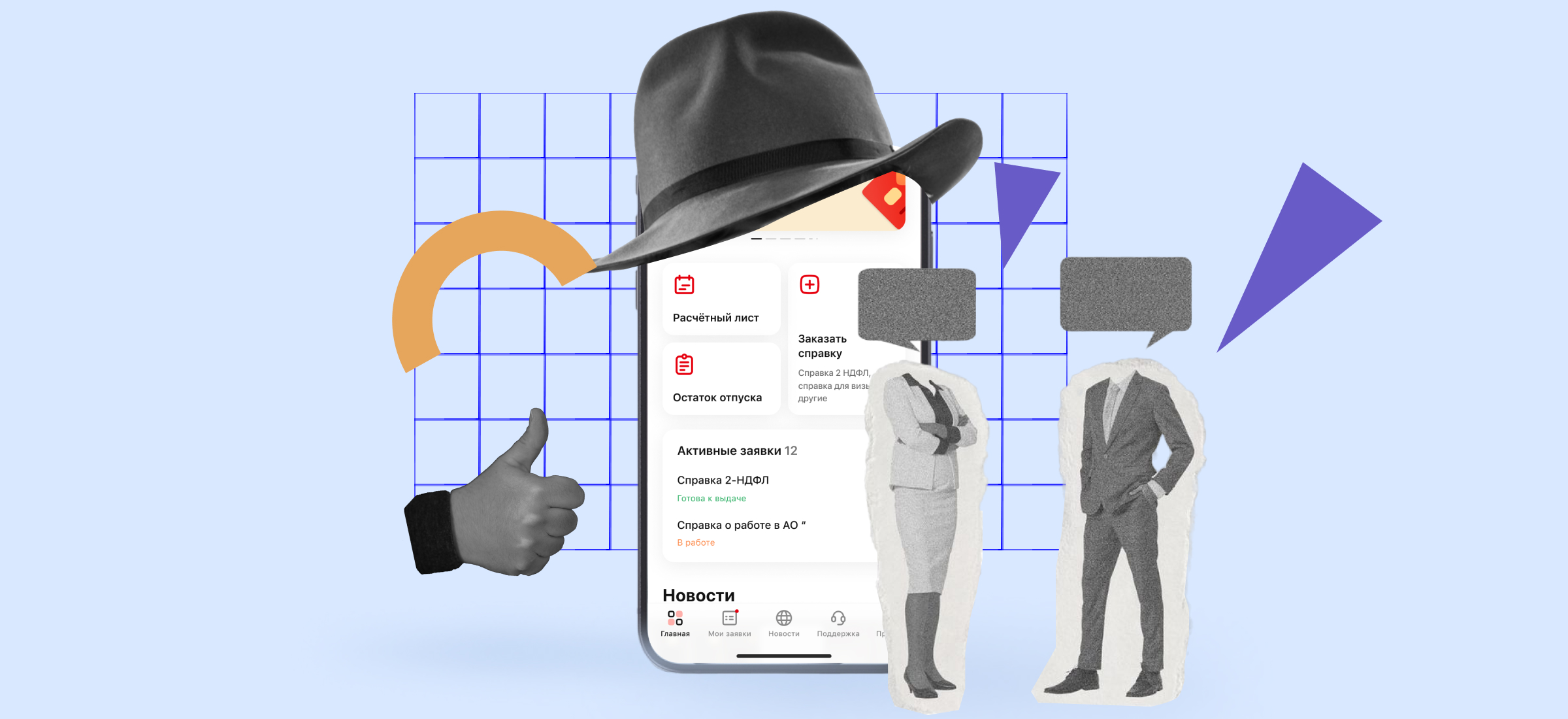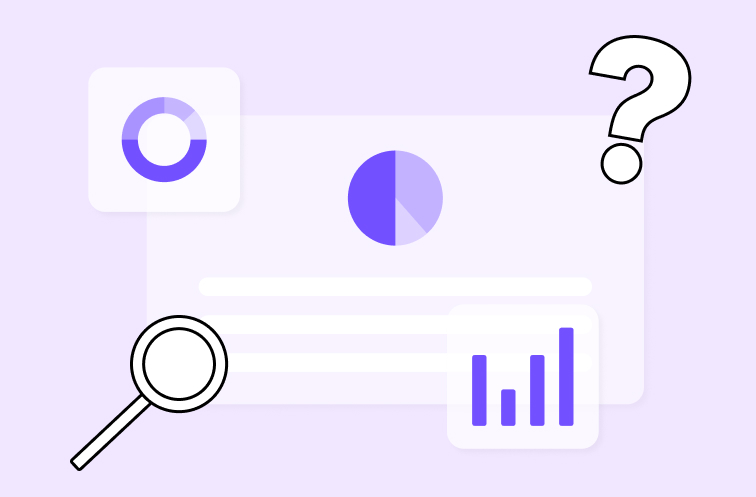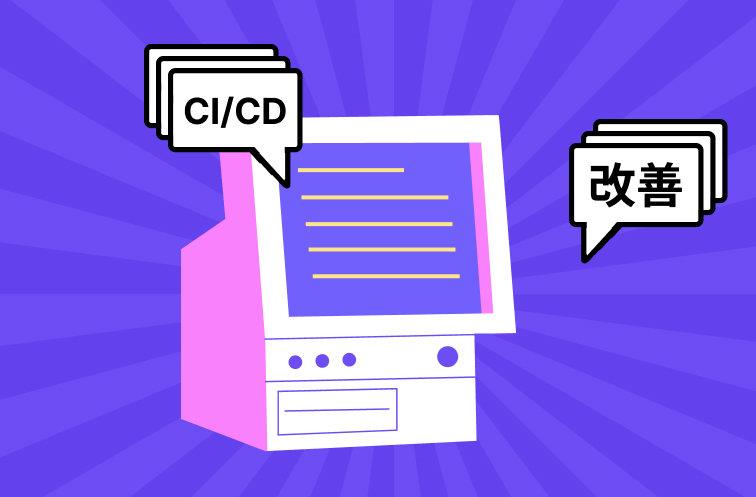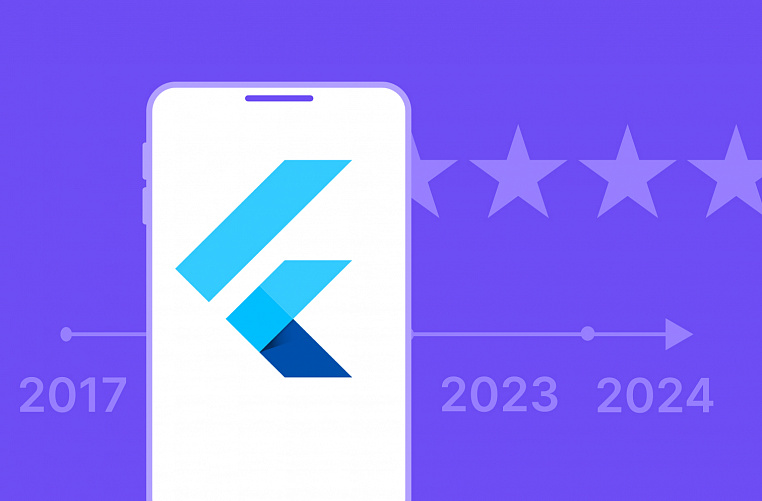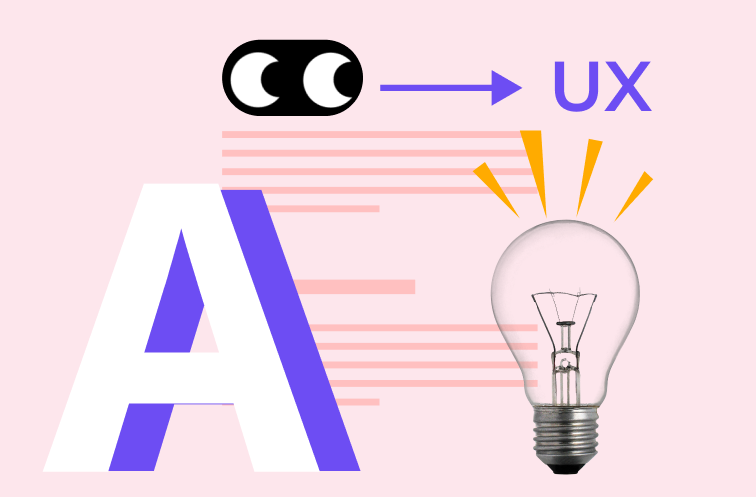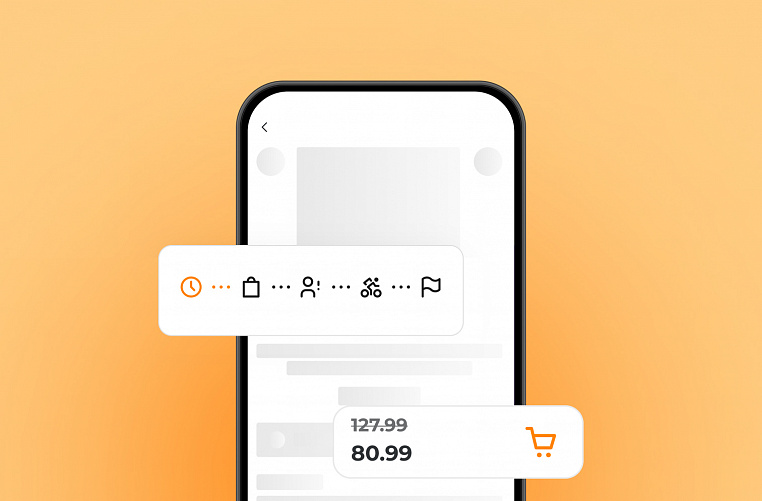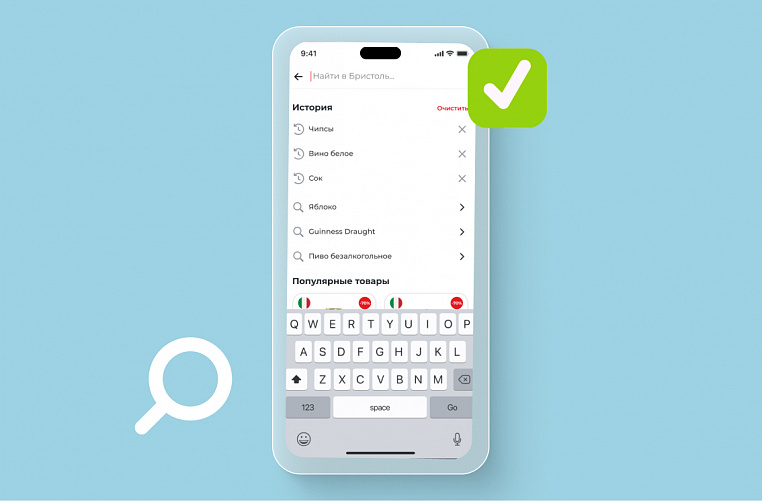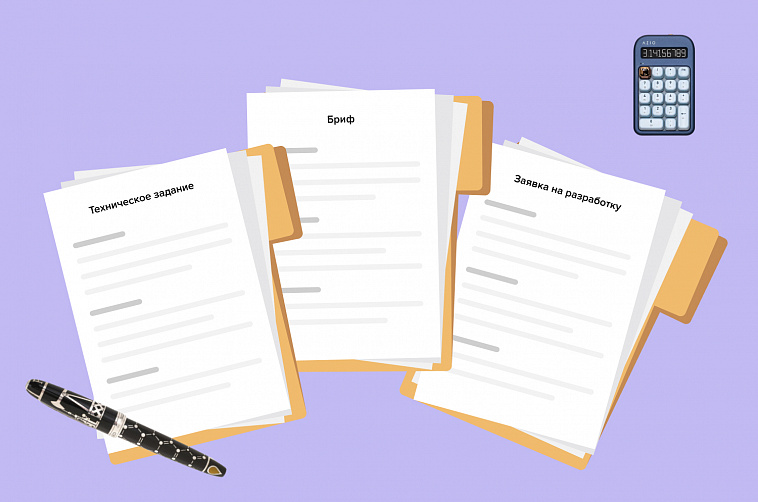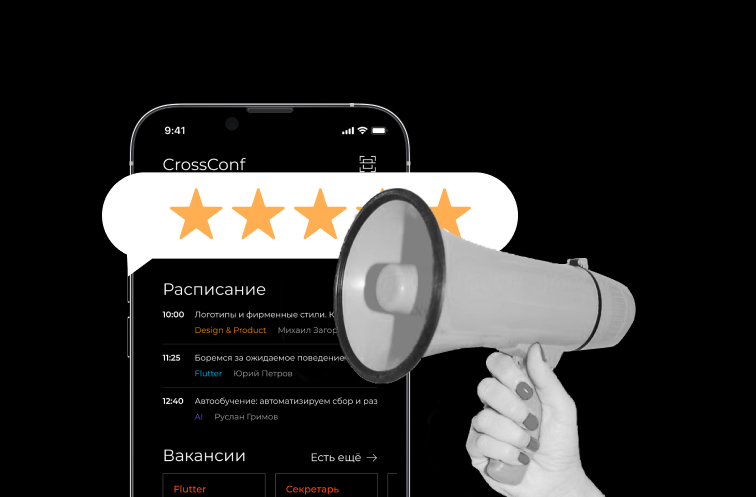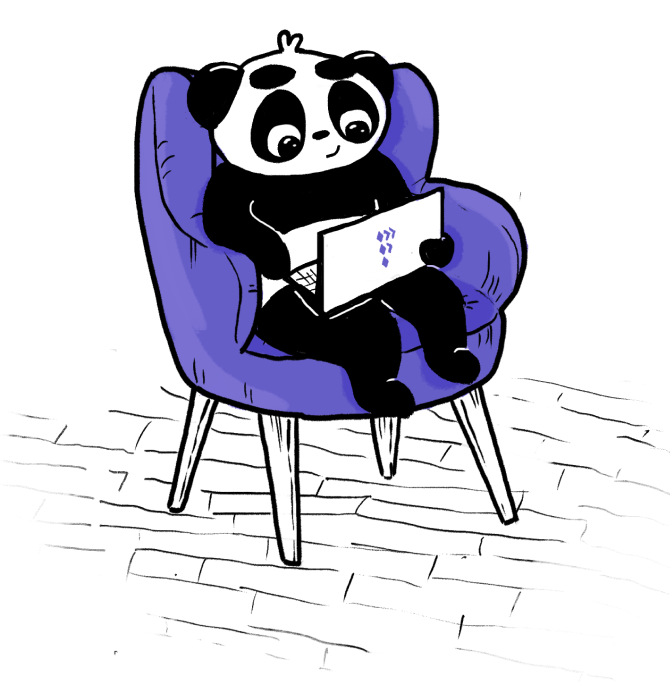Friflex has vast expertise in HR tech and develops mobile applications for HR. In this article, we talk about trends in the HR technology market and explore why corporate applications are gaining popularity among companies and employees.
What is HR tech
Video interview services, HR document workflow automation systems, and corporate mobile applications — all of these fall under HR tech. That’s because they share one common feature: they simplify personnel management.
For example, gather all information about employees in one place, so that each manager doesn't work in their separate Excel file. Or they generate time sheets and track documentation deadlines.
In vogue but not the top priority
Companies worldwide are interested in HR technologies, but they don't lose their heads over them. Automation of personnel management solutions is not their top priority. Nevertheless, Statista analysts predict industry growth at an average annual rate of 11.2%. Not a rapid but stable growth.
If companies decide on HR tech, they most often start with automating document workflow, rewards calculation, and creating motivational and training programs. Technologies for career growth interest them the least.
However, corporations strive to enhance employee experience and increase productivity. This gives rise to HR solutions, such as online appointments with a corporate psychologist.
The popularity of HR tech depends on the industry. While banks, IT, telecom, and retail demonstrate success in HR digitalization, the more conservative oil industry lags behind.
Rise, soft decline, and high hopes for Russian HR-Tech
In 2020, there was a true boom in the Russian HR-tech market. While the pandemic was raging, and everyone was working remotely, it grew by almost 100%. After that, it naturally slowed down.
In 2022, the Russian HR technology market grew by 21.8%. Many foreign vendors left, and the number of deals compared to the previous year decreased by more than half. However, this created space for Russian solutions. Smart Ranking analysts predicted a boom in Russian HR tech by the end of 2023 due to the deferred demand effect.
Trend within a trend: corporate mobile applications
Corporate mobile applications perform more specific functions compared to local automation systems but effectively engage technically unskilled employees in the company's life. This is especially relevant for large retail chains where people of different ages work. HR applications help:
- To automate HR processes. According to research, on average, HR managers can spend up to 40% of their workday on routine tasks which they perform manually. With an HR application, they have a "co-pilot." It monitors working hours, evaluates performance, monitors resource access, and tracks working time. An employee is going on a business trip? The application handles it all. Need a sick leave certificate? Check the application.
For example, in the mobile application for employees of the company "Magnit," the Friflex team developed a feature for automatically generating two of the most popular types of certificates: remaining vacation days and a payroll statement. They are created without the involvement of personnel.
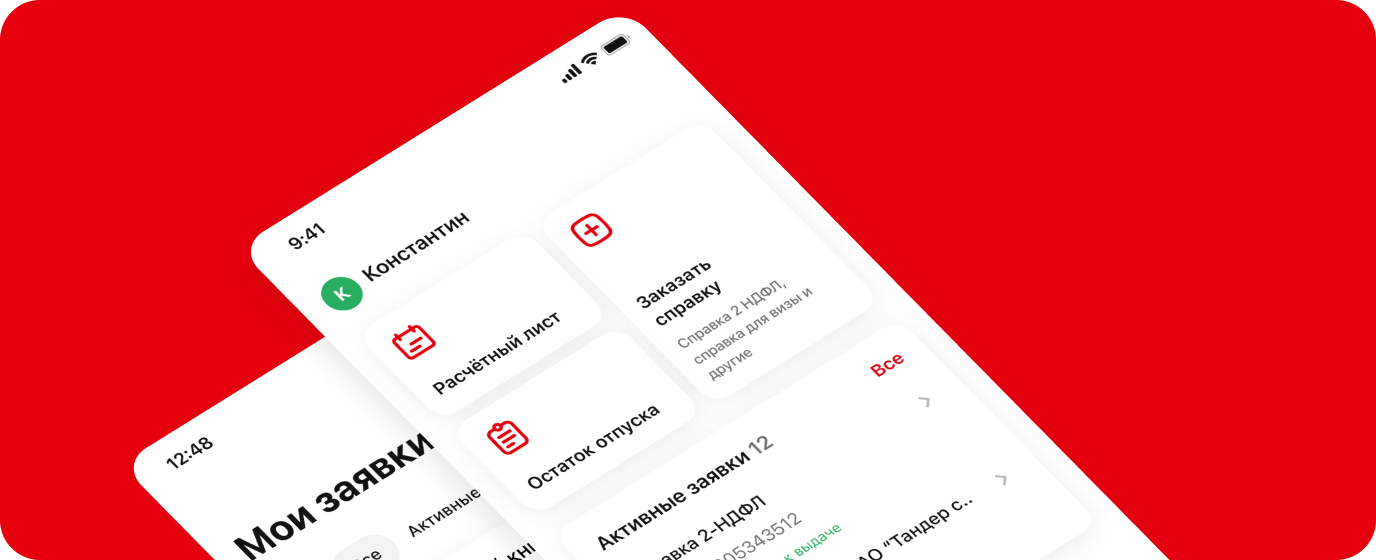
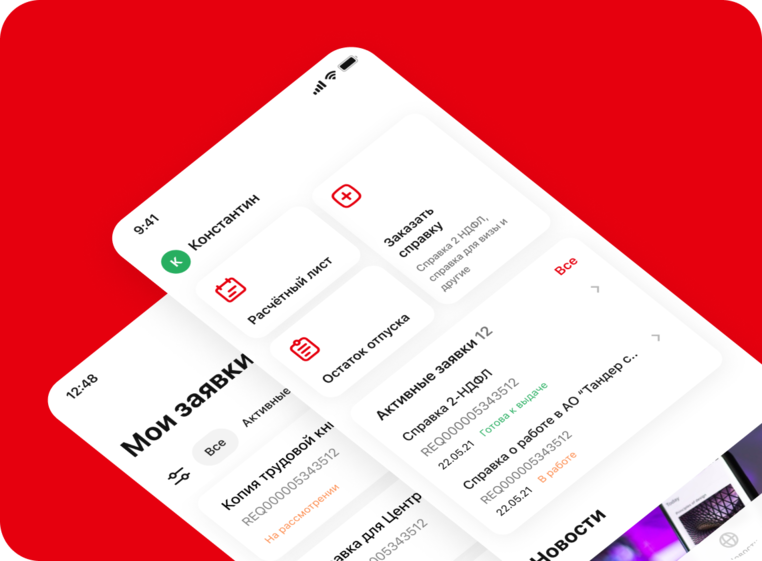

- To simplify onboarding and training. Research shows that employees typically require three to six months for full adaptation. An application with an embedded knowledge base, video instructions, contacts of colleagues, and training courses can shorten this process, especially for remote workers. HR applications also facilitate assessments, allowing employees to enhance their qualifications through webinars and training from the comfort of their homes.
- To increase engagement. In HR applications, employees can learn about corporate events, submit their own ideas, and receive rewards for completed tasks. For instance, employees at "Magnit" receive targeted news about their store and city through the corporate app. Newsletters consider employee's workplace, region, gender, age, and other parameters.
- To centralize work-related information. The larger the business, the more data it accumulates. A unified digital solution for managing corporate information saves on the purchase of paid applications and ensures the security of sensitive data.
- To simplify document workflow. The application allows users to request and quickly generate necessary documents, such as payroll statements, sick leave forms, or vacation requests.
- To boost efficiency. Various advanced features contribute to this, including rating systems for individual specialists or departments, task planners, and even gamification mechanics.
Companies appreciate corporate applications as they quickly obtain employee data, evaluate skills, and easily monitor task completion.
Employees favor corporate applications as they facilitate adaptation to new workplaces, help workers to plan personal career strategies, effortlessly request necessary documents, and stay updated on company news.
And we enjoy developing corporate applications. If you're seeking a technological and modern HR solution, reach out to us. We'll find the optimal solution for you.

